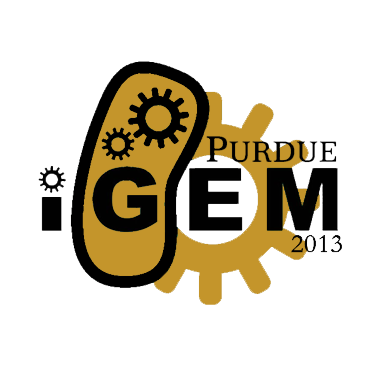"Back to the Basics"
What do we mean when we say we're going "Back to the Basics"?
Well, when we were looking for a project this year, we started by looking back at both successful and unsuccessful projects over the past years. Through doing this, we noticed a trend in the projects. Lately many teams have been attempting to solve very complex problems with synthetic biology.

That's how the idea of going "Back to the Basics" came about. We decided that instead of trying to solve an incredibly complex problem using synthetic biology, we were going to solve some of the smaller problems within synthetic biology. The idea is that if we increase the development of the core foundation of the field, then we will open up a multitude of new opportunities for breakthroughs. In other words, why try to cure cancer with synthetic biology when we can't even make robust genetic circuits?
We then went back and looked at the small problems with synthetic biology, such as optimization of protein expression, standardized characterization methods, and creating robust genetic circuits. We decided to tackle these seemingly smaller problems all at once instead of pursuing a massive, complex project.
That's how the 2013 Purdue University iGEM team is going "Back to the Basics of Synthetic Biology".
Sponsors

 "
"
